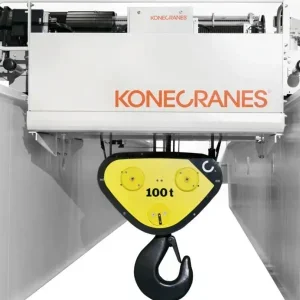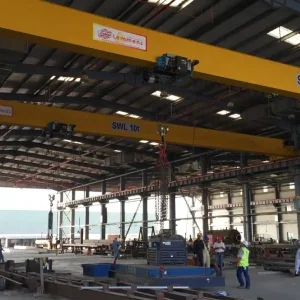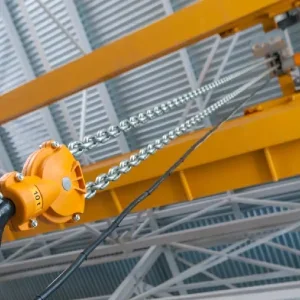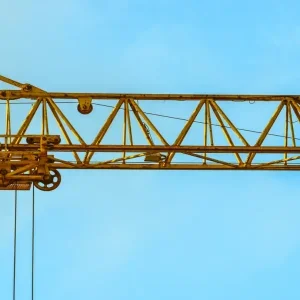Morris Material Handling is to sell its interests outside North America as part of a plan to restructure and emerge from Chapter 11 bankruptcy protection as a smaller, less international company.
The manufacturer of industrial cranes and hoists filed a joint plan of reorganisation and disclosure statement in its Chapter 11 proceeding on 17 January. Under the restructuring plan, which has been agreed with creditors’ representatives, the secured creditors of Morris will be provided with cash and notes. Secured creditors who agree to forego a cash distribution will receive equity representing 50% ownership of the reorganised company. Unsecured creditors and bondholders will receive new common stock representing 50% ownership of the reorganised company. All stock distributions are subject to dilution by a management stock programme. No distribution to Morris’s current shareholders is anticipated by the plan, and all existing Morris shares will be cancelled.
The company described the filing as a major step in its reorganisation proceedings.
The plan remains subject to approval of the US Bankruptcy Court in the District of Delaware and the formal approval of creditors. If those hurdles are passed, it is expected that Morris will emerge from Chapter 11 in the spring of 2001.
Morris said that it expects “to emerge with a favourable capital structure that will allow it the flexibility to respond to and take advantage of the changing dynamics of its industry”.
Integral to the re-emergence of Morris is making the business the right size for the future. To this end, it has decided to concentrate on North America and is now in negotiation to sell its operations in the UK, Singapore, South Africa and Australia.
Morris vice president-finance David Smith said that Morris had decided to retrench “to focus on just the North American business which has been very profitable for us, and to simplify the structure”.
He added: “Quite frankly we need the cash.” Smith said that the company was talking to “a couple of” interested parties and had kept all employees around the world fully informed of the situation.
Groupe Fayat of France, parent company of crane manufacturer ADC, had been a front runner to acquire some or all of Morris but the prospects of a deal with Fayat had now gone cold, Smith said.
He said that it was unlikely that the non-US businesses would be sold as a single operation. A further break up might see the sale of the $6m-turnover warehouse automation business, which is based in the UK but is not heavily dependent on the Loughborough manufacturing operation.
Morris has already shrunk to about $270m in sales, from $294m in fiscal 1999. After selling its international operations, the company would have sales of about $180m. With sales approaching $50m, the UK is Morris’s biggest operation outside of North America.
Morris was brought down by a debt burden it took on in 1998 when ownership was substantially transferred from Harnischfeger Corporation, itself heading for collapse, to Chartwell Investments and the company’s own management team. When the Asian market collapsed soon after and steel sales slowed in the USA, the burden was too great.






